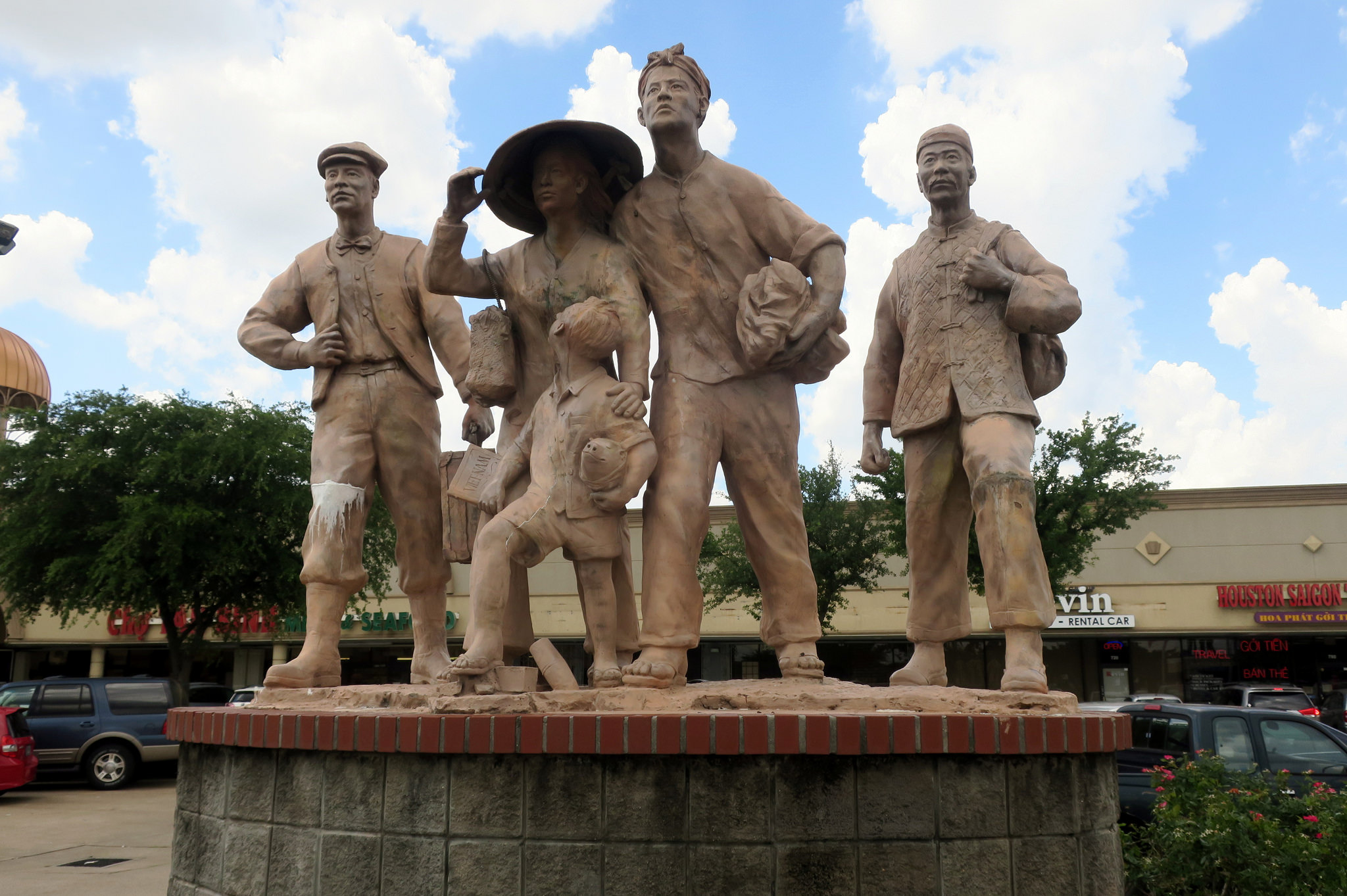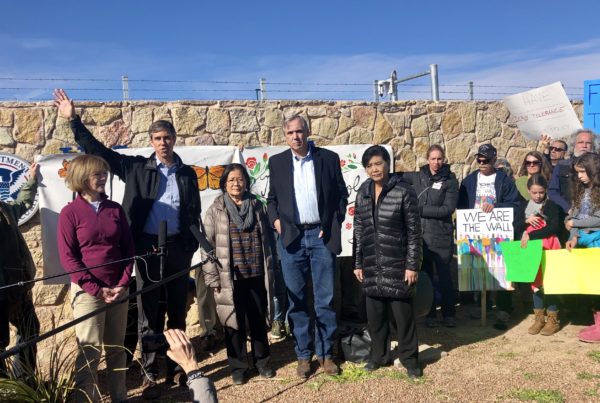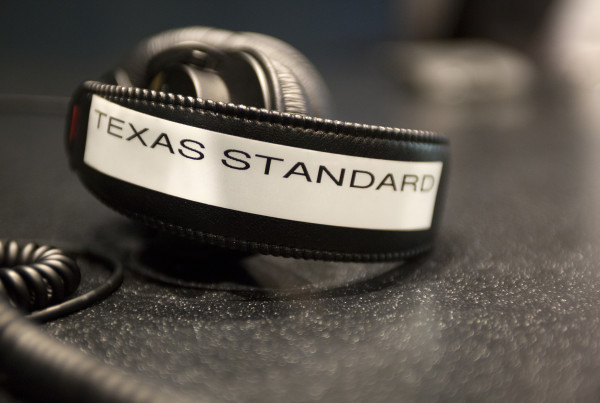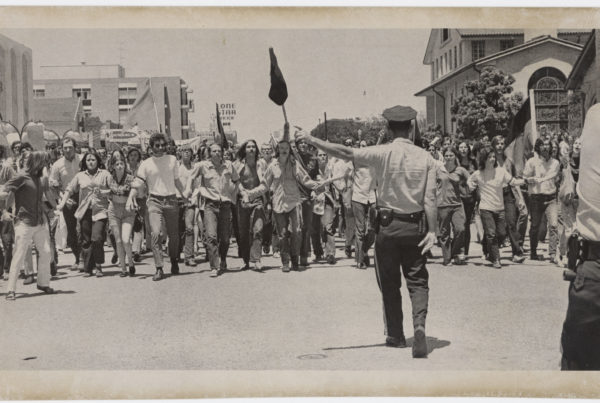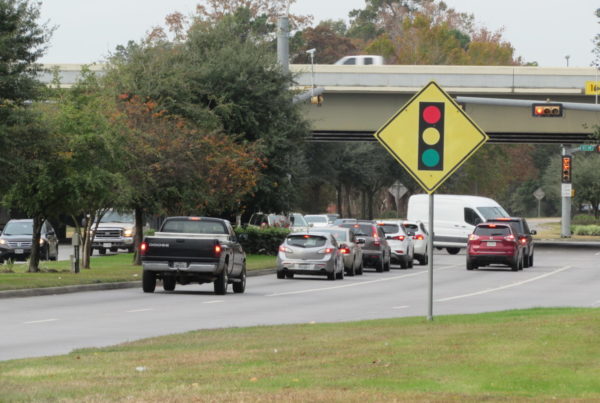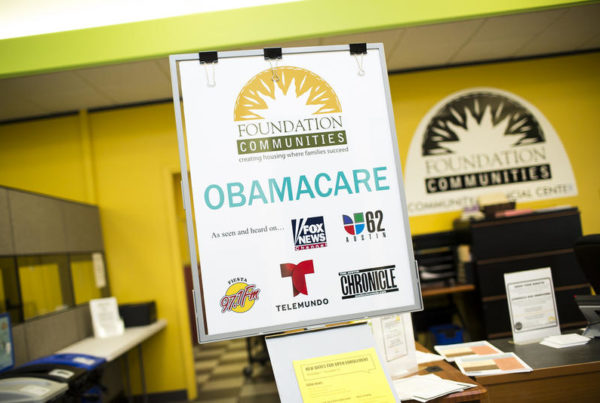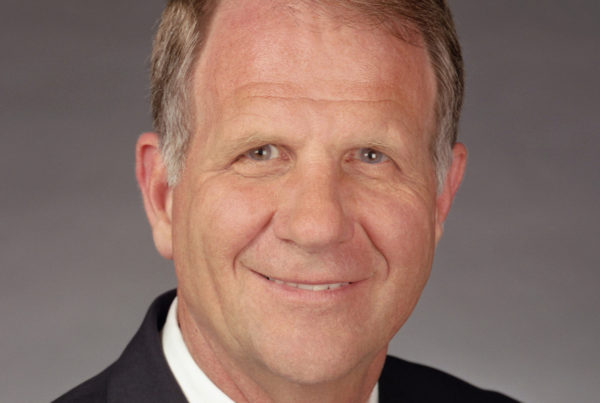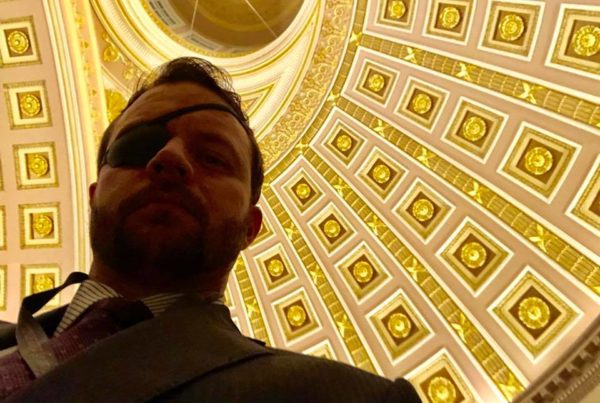When it comes to shifting racial and ethnic demographics in Texas, often the first thing that comes to mind is the state’s growing Latino population. In fact, one of the fastest-growing racial groups in Texas is Asian Americans. Two Texas cities, Houston and Arlington, have some of the country’s largest Vietnamese populations, and those communities grew quickly during the U.S. involvement in the Vietnam War. But reporting from The Atlantic last week revealed that the Trump administration is looking to deport some Vietnamese immigrants who’ve committed crimes in the U.S.; some of them immigrated here after fleeing Vietnam during the war.
Krishnadev Calamur is a staff writer at The Atlantic where he covers global news, and says this proposed rule change has roots back in 2008, when Vietnam agreed to take back Vietnamese nationals who were living in the U.S. without citizenship, and who also had criminal records.
“They finally agreed that they would take back anyone who came to the U.S. after July 12, 1995 – that’s the date when the U.S. and Vietnam agreed to set up diplomatic relations,” Calamur says.
But he says Vietnam wouldn’t agree to take back those nationals who committed crimes and who came to the U.S. before that time, closer to the war. That’s because most of those people were from South Vietnam, and Calamur says the Vietnamese government likely viewed them as “politically tainted.” Now, Calamur says the Trump administration is looking to deport those people, too. He’s spoken with advocacy groups that say this change would have profound consequences in Vietnamese communities.
“A lot of these people who have been convicted, they came as young people to the United States, they were settled in pretty depressed communities, they committed crimes, they were sentenced to prison, they served their time and they came out,” Calamur says. “They have done their time, in the words of the advocates, and many of them are married to American citizens and have American-citizen children, they just are not U.S. citizens.”
Calamur says deportation would hurt these families.
“About 5,000 people … would be immediately eligible for deportation, should this rule change occur,” Calamur says.
But he says Vietnamese community groups say it’s more like 9,000 people.
Calamur says the Trump administration can make this change without allowing time for public comment, because it’s an immigration issue.
“Because immigration falls under the federal jurisdiction, most courts have recently sided with the executive branch’s purview over that matter,” Calamur says.
He says any negotiation over this rule change would most likely be between the U.S. and the Vietnamese government.
“The U.S. is hoping to persuade Vietnam to agree to the rule change to take back these people,” Calamur says.
Calamur says the rule change could face some legal challenges. In fact, the Trump administration had already deported around a dozen Vietnamese immigrants last year, but then faced a class-action lawsuit.
“Because of the public pressure, [the administration] backed off, and it seems to have revived those efforts this month,” Calamur says.
Written by Caroline Covington.


